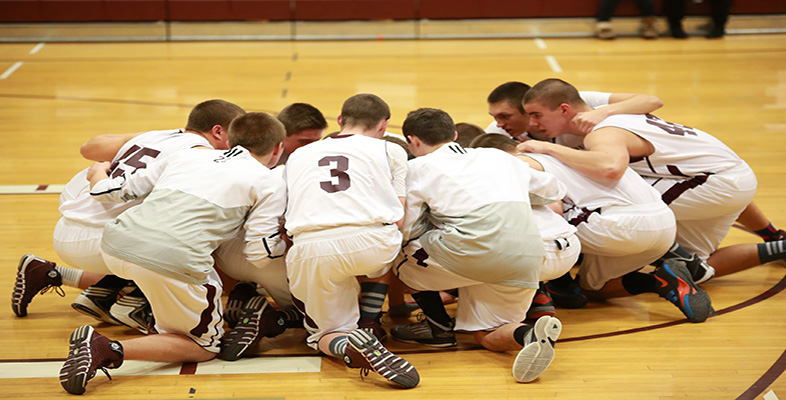3.1.2 Storming
As its name suggests, this stage in team formation can be characterised by spirited discussions and even arguments amongst the team members. While the storming stage can be difficult, it is sometimes the case that intense discussion during this phase of team development leads to more productive working later on in the project. In other words, the team has worked out its differences early on and has developed mechanisms for managing discussions and arriving at satisfactory conclusions when disagreements occur.
Features of this stage
- A feeling of lack of progress on the task can trigger this phase of team development. Often, the first deadline that the team has to meet is looming and team members realise that the task is harder than they thought. This puts pressure on the team and the initial politeness and diffidence in addressing one another is lost.
- Sometimes, differences of opinion over the task can arise, and individuals’ personalities can clash as team members overcome their tentativeness and begin to assert themselves. Team members can even become hostile as a way of expressing their individuality in a reaction against the team culture that is beginning to form. Or they may question the role they have been asked to perform in the team, or the tasks they have been given.
- Discussion often centres on team process issues, such as team rules (how the team is going to operate) and team roles (who is in charge and who is going to do what).
- There may not be much progress on achieving the project goals (outputs)!
Advice for a virtual team
- In an online, shared discussion forum, it is easy for members who feel that they are on the receiving end of unwarranted or personal criticism to become defensive. Unfortunately, this can lead to them withdrawing from the discussion until the debate has become less heated and less personal. It may require a personal, private approach (via email or a phone call rather than in an open discussion forum) to bring them back into contributing to the team.
- When communicating by electronic means (particularly if you can’t hear or see the recipient), you lose much of the feedback about how your message is being received, since a person’s tone of voice and their body language are very expressive and reveal much about their emotional state.
